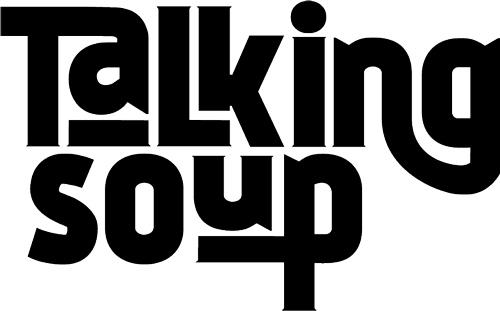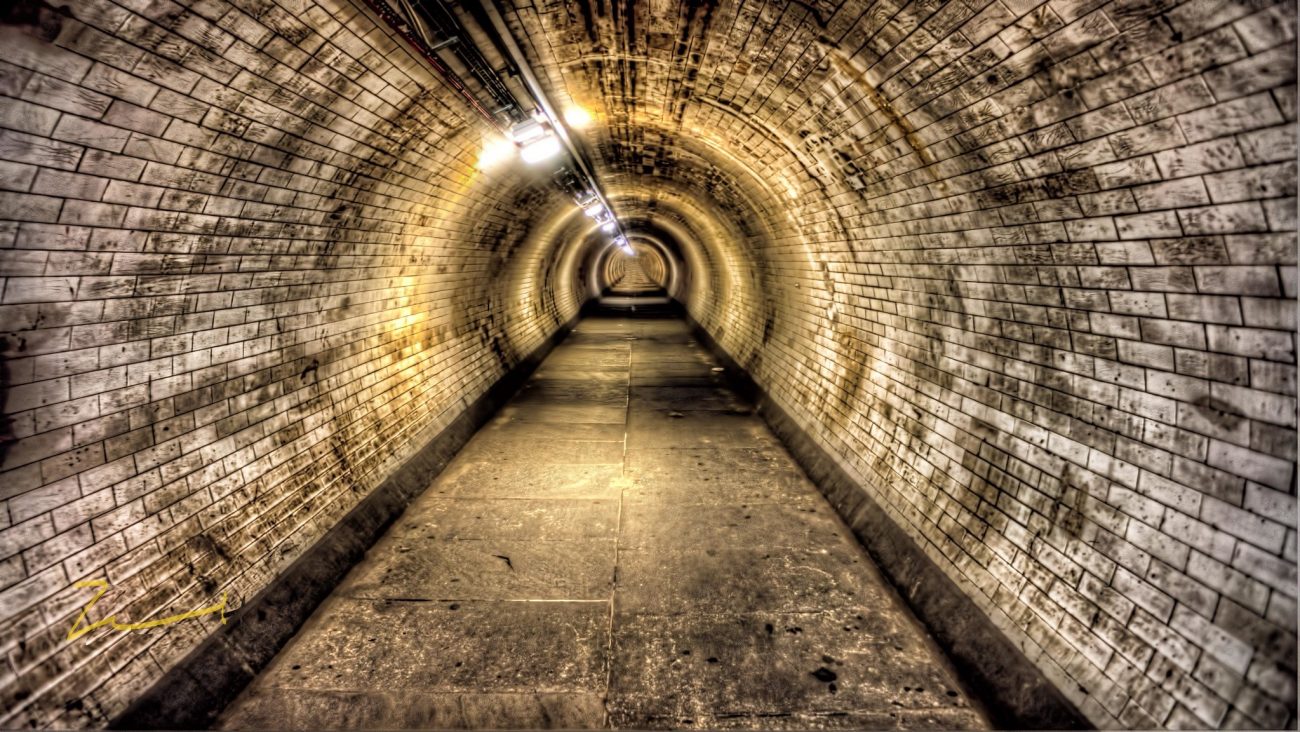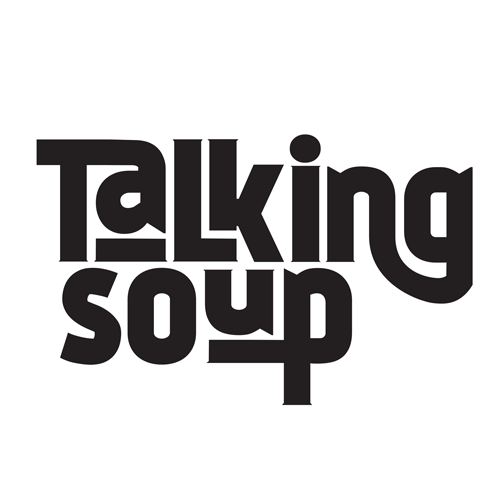Beirut is a stunning, frustrating, fascinating, and contradictory city: it only takes a short walk to witness just how a battered society can raise itself from its ashes. The phoenix has won the cockfight, but now it’s limping around in a heap of blood and feathers.
The first thing that strikes you on any Beirut pavement is the web of wires spraying from every pylon, streetlamp, telephone pole, satellite dish, mast, chimney, and rooftop, criss-crossing their way through every possible inhabitancy before eventually thicketing somewhere safely at eye level.
I usually see at least one beggar in the street outside my house, selling chewing gum or napkins to incessant rush hour traffic, and even more incessant horns. The black BMWs sport windows tinted enough to demonstrate the Beirut bourgeoisie’s disequilibrium of wealth and taste, but remain clear enough to present the smug driver, head wrapped in fake Armani sunglasses, glued to a smart phone the size of the napkins being peddled by the desperate meek who tap on their doors.
My building is flanked by construction sites on two sides; progress is fast when you can pay a Syrian refugee three pounds per day to cement a wall 200m in the sky while he stands on an edge no wider than a toilet seat. At least, that is the case this morning. As I walk past the smaller project to my left, I see six shabby men tightly packed to a disintegrating wall around a heap of dry cement that arrived last week, arguing with a fat, suspiciously greasy-haired man in military uniform. The wall appears either to be being built, or being torn down, but it is not immediately clear. Further along I find the usual mixture pulled-down bill posters, advertising funerals of local Maronites, candidates of local Maronite parties, and sandwiches from local Maronite restaurants. Overnight there has appeared a single A3 poster simply stating “Change your Life” and phone number. Perhaps it would be more convincing had the publisher chosen a font other than Times New Roman.
I continue past the decorative crap emporium, the cigar shop, and the jewellery shop outside of which the rotund security guard sits, facing a chubby shoeshine boy on the pavement. I continue to Sassine Square, less a square, more a five-way junction where Beirut’s most unemployable layabout 30 year-olds are already sitting outside Starbucks, nursing a mocha frappe latte grande, possibly nodding gently to the unheard rhythm of their self-satisfaction. They check their phone every 40 seconds, in case someone equally as expendable urgently needs to discuss who’s cousin’s family has just been declared bankrupt. Maybe they’re taking a vain snap of themselves to post on Facebook with more hashtags than they have spare hours of daylight, oblivious to their delusion. Maybe they’re guffawing at the selfie they took ten minutes beforehand.
I walk underneath the memorial to Bachir Gemayel, local icon of freedom and honour (and leader of a party who essentially committed war crimes). He served as president for 18 days in 1982 in the midst of the Civil War before he was assassinated. As a Syrian lecturer discussed with me two weeks ago, politics in Lebanon is a hereditary illness, one which will certainly remain incurable, and which will certainly kill at least one in every generation. Less than 100ft further down the road, a car bomb exploded 2012, killing 8, including an army brigadier who had been investigating an extremely similar explosion that killed his president and ally, Rafic al Hariri, in 2005. One would not know, looking from the slurpers of overpriced cappuccinos to the old taxi-drivers smoking shisha on the pavement with coals burning in the boots of beaten-up 80s Mercedes sedans, that anything as untoward as a car bomb had happened so recently. However, one would begin to comprehend why Beirut is so fucked.
I turn off the square and walk through a long street of vegetable shops protruding from stunning art deco houses and flats dripping with French windows and bullet holes. There is an old Shia lady hawking carrier bags of spinach and lettuce, taking up the best part of the pavement. In recent days, I have started walking on the opposite side, as her empire of fennel and cabbage has expanded such that I can no longer walk on the pavement or street for fear of stepping on her wares. 30 seconds later, I pass a large nursery, neighbouring the local militia headquarters, and posters of Bachir Gemayel are plastered all over the walls on surrounding buildings as if they literally hold them up – the metaphorical is taken as read. The militia headquarters comprises of a large wooden shed, unused roadblocks, and between three and seven robust men wearing fleeces, watching snooker and cradling rifles. If ISIS were to invade tomorrow, it is no secret that Hezbollah would be the only force capable of defending Beirut. Their quasi-fanaticism massively outweighs the ability of the national armed forces, and makes the Phalangist shed-dwellers a laughing stock.
Further down the road round the corner, I walk past my local sandwich shop and wave to Khaled, a skinny and slightly filthy man who has not bought clothes since 1989, refusing to sport anything other than avant-garde bowling shirts and retro cotton tracksuits. He is sarcastic, reluctant, outwardly mocking, coldly-friendly, and the least pretentious man I have ever met. For such a talented chef, I’ve never seen him eat, and I believe that he lives on a diet solely consisting of cigarettes which he unashamedly smokes over his barbecue and bowls of hummus. The next building belongs to Joseph the butcher, who, like Khaled, has worked in the same shop for well over 30 years, depending solely on local custom. If politics is hereditary in Lebanon, then so is community; trade is a natural extension. Joe gives me an enormous smile and a wave, screaming “bonjour!” He has yet to accept that I am not French and, as with the majority of the older Christian community, is keen to demonstrate his French education to outsiders. This provides a subtle example of the Lebanese oxymoron: in a country where radio shows ask the audience to phone in and explain why Lebanon is the best country in the world, an old Lebanese butcher strives to appear French. Younger clientele at Starbucks try to appear American. Hundreds of thousands in the tiny population apply every year for the “green card lottery,” hoping to escape to Australia, Canada, anywhere that is not their stunning, albeit flawed, home.
At the corner, I buy breakfast from cupboard-sized bakery, run by an Egyptian and a 10-year-old Syrian, then three months later a Syrian and the 10-year-old Syrian, and next week someone else. I hope that the 10-year-old Syrian stays. I have no idea at what age he stopped going to school, but he earns money for his family, and much worse can become of a child refugee in Beirut. Further down the street, through a construction site, I pass a branch of a fast food chain, and wave at a delivery driver I once befriended, Ahmed. He once told me he used to play for the Lebanese national football team. As peculiar as it sounded, it is not outwith the realm of possibility. He jokingly introduced me to fellow colleagues:
“This is Rami. He’s in ISIS!” I nervously grinned as the others bawled.
“This is Hammad. He’s also in ISIS!” This time I chuckle to be part of the joke. It continues three or four more times.
“This is Fadi. He’s in Hamas!” Now in full stride with my new friends, I laugh.
“No, seriously, he’s in Hamas. You know, Hamas.”
Ahmed had stopped laughing, and gives me a “watch yourself,” look. Fadi was subdued but friendly, and I swiftly became more and more convinced that Ahmed used to play football for Lebanon.
I wander through another few construction sites and past the local French-Lebanese middle school, passing the French teachers, Lebanese pupils, Syrian security guards and Malaysian maintenance staff. This grim hierarchy is based on a well-established model. I weave between the stream of cars, barking wildly as though using their horns might actually make their journey faster, and I walk in the shadow of a glorious abandoned art deco building next to a military base. The bonuses of an urban military presence include extremely low crime rates, a constant source for asking directions, and, for a friend who lives on the same electricity grid, virtually no extra power cuts after the mandatory three hours per day. Disadvantages include that when another friend photographed said art deco building, he was quickly approached by khaki-clad men who demanded to see the contents of his photos and delete any they deemed necessary.
I pass through a side street scattered with innumerable, mangy stray cats, a constant presence around any Beirut bin, cleaning the street of rats, reminding you of that old joke: “The good news is that the mice are dead. The bad news is that the cockroaches have eaten them.”
I am spat out in front of my language Institute on Damascus Street, built on the former “Green Line” of the Civil War, a no man’s land separating East and West, Christian from Muslim. Whilst the dereliction and overgrown foliage has long since been cleared and tarmac laid, it is no surprise that the line still very much exists. The novelty of hearing gunfire from the nearby Hezbollah neighbourhood, marking celebrations, or speeches, or celebratory speeches, has long since worn off. It is a stunning, frustrating, fascinating, and contradictory city: it only takes a 15 minute walk to school to witness just how blindly a society can raise itself from its ashes; the phoenix has won the cockfight, but now it’s limping around a heap of blood and feathers.
Freddie is a British guy living in Beirut







